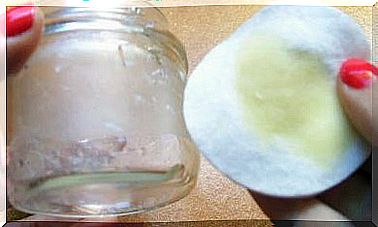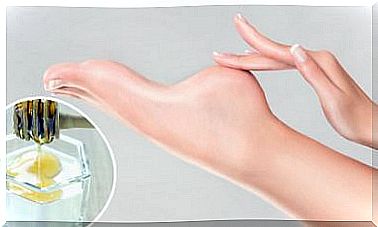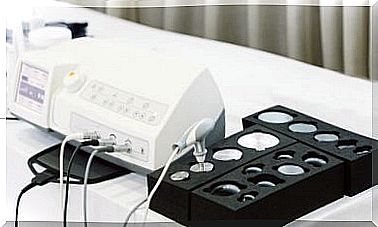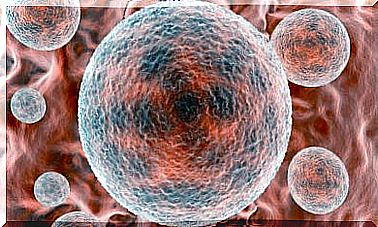Consequences Of Eating A Lot Of Salt
Excess salt can cause us to lose the real flavor of food. In addition, it is harmful to our body. Begins to do without it to gain health
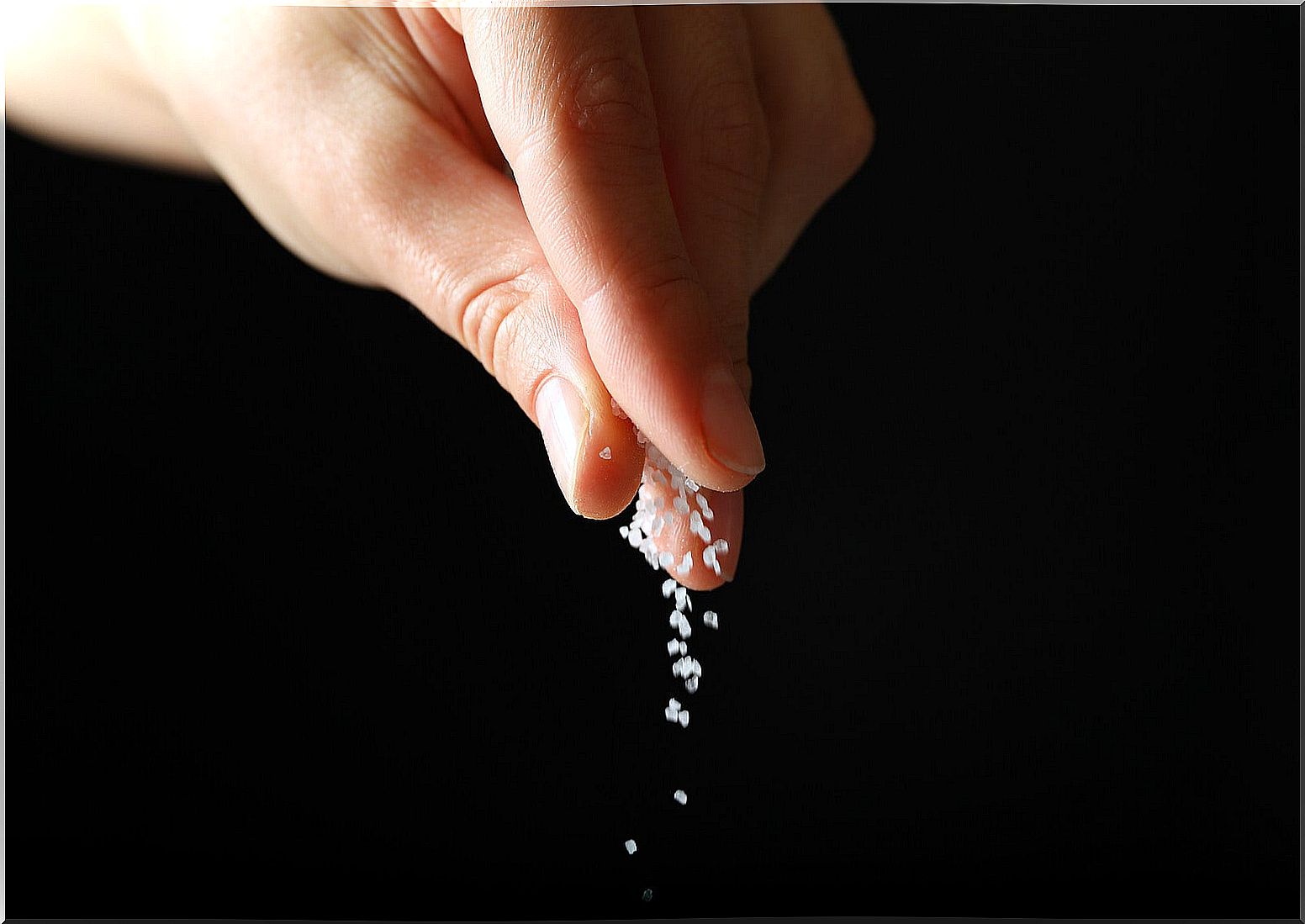
While it is true that food tastes much better when salt is added, the truth is that an excess of sodium is harmful to health in several aspects. Do you intuit what the consequences of eating a lot of salt may be or do you think there are none? If you lean more towards the latter, we anticipate something: there are consequences, although they are not always very obvious at first.
We must bear in mind that, in addition to what we add to our preparations, the foods that we usually eat daily and those that we buy ready-made, usually already have added salt. Therefore, you have to learn to eat without adding salt to foods and meals that you may already have. This is key when it comes to preventing or even mitigating health problems.
In this article we will tell you what are the consequences of an excessive consumption of sodium chloride, commonly known as dry “salt”.
What happens in the body when eating a lot of salt?
High sodium intake is linked to various illnesses and complaints. Therefore, knowing what they are is the first step to reduce your intake.
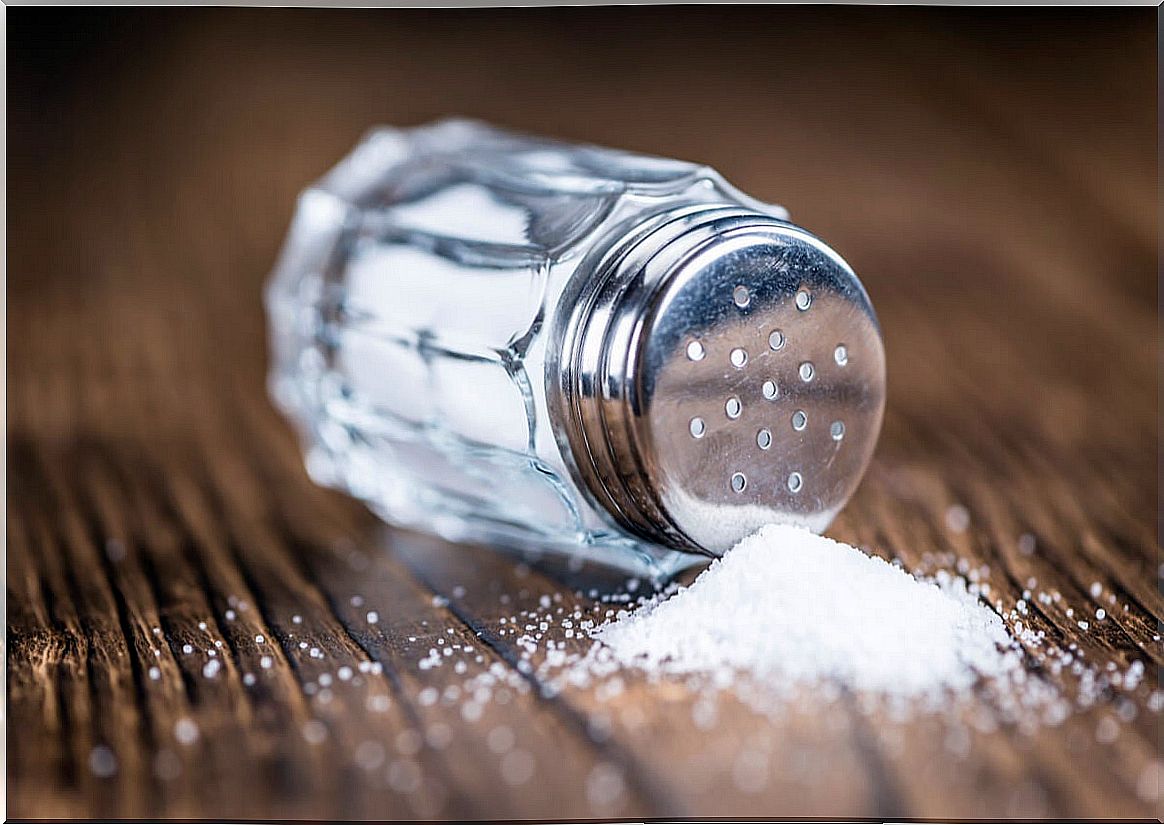
Heart attacks
Heart failure is related to fats, sugars, and salt. The latter increases blood pressure and can lead to hypertension.
According to experts from the Spanish Heart Foundation, excess of this seasoning can lead to problems such as angina pectoris and cardiovascular attacks. Likewise, brain hemorrhages, strokes and strokes could also have the same reason: excessive salt consumption.
More and more patients die from these complications and, precisely, the percentages are higher in people who eat a diet high in saturated fat, ultra-processed and large amounts of salt.
Fluid retention
By eating a lot of salt, the kidneys have to work harder than usual. Therefore, they tend to retain more water than normal, and then cannot excrete it properly.
Edema is the most important sign of fluid retention. They usually appear mostly on the ankles, legs, and hands. The renal system suffers and cannot carry out the filtering and purification of the blood correctly. Therefore, you are more likely to suffer from kidney stones or failure if you eat a high salt diet.
Osteoporosis, another common consequence of eating a lot of salt
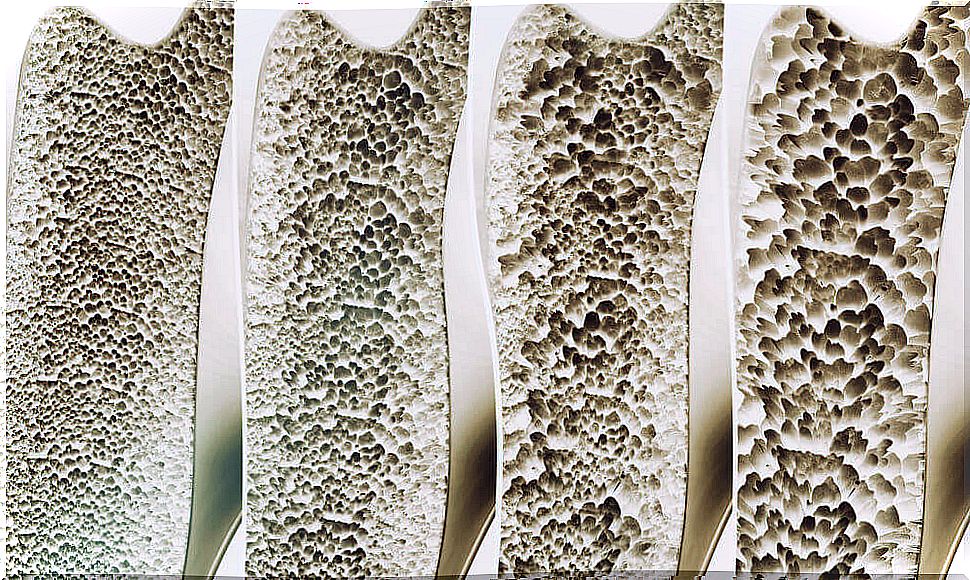
Lack of calcium is not the only one that worsens bone health. Excess sodium in the body also harms them. This is because salt demineralizes bones (as explained by a study from the University of Alberta, Canada).
When you consume a lot of salt, you have more desire to urinate, since the body is doing everything possible to expel the liquid. Calcium is lost in urine, vital for strengthening bones (including teeth).
Gastric diseases
Eating very salty things increases the possibility of stomach and digestive disorders. For example, there is a higher risk of suffering from a disease caused by the bacteria Helicobacter pylori . Plus, it can lead to stomach ulcers, indigestion, and even cancer. The reason is simple: sodium breaks down the mucous lining of the walls of this organ.
Asthma
There is a great relationship between people who like to eat a lot of salt with the onset of asthma. Research from the Leicester Hospital (United Kingdom) indicates that mortality in asthmatics is higher if they eat a diet rich in sodium. Also, boys and men are more prone to this problem.
Cognitive problems
Although this consequence of excess salt is not fully confirmed, it is believed that there is a relationship between a diet high in sodium and brain problems. For example: attention deficit, difficulty to retain information or problems to solve and understand simple problems.
Perhaps it could be due to a lack of water in the brain, or because the blood that reaches the neurons is full of sodium and does not allow synapses to be carried out properly.
In its proper measure, salt is not dangerous
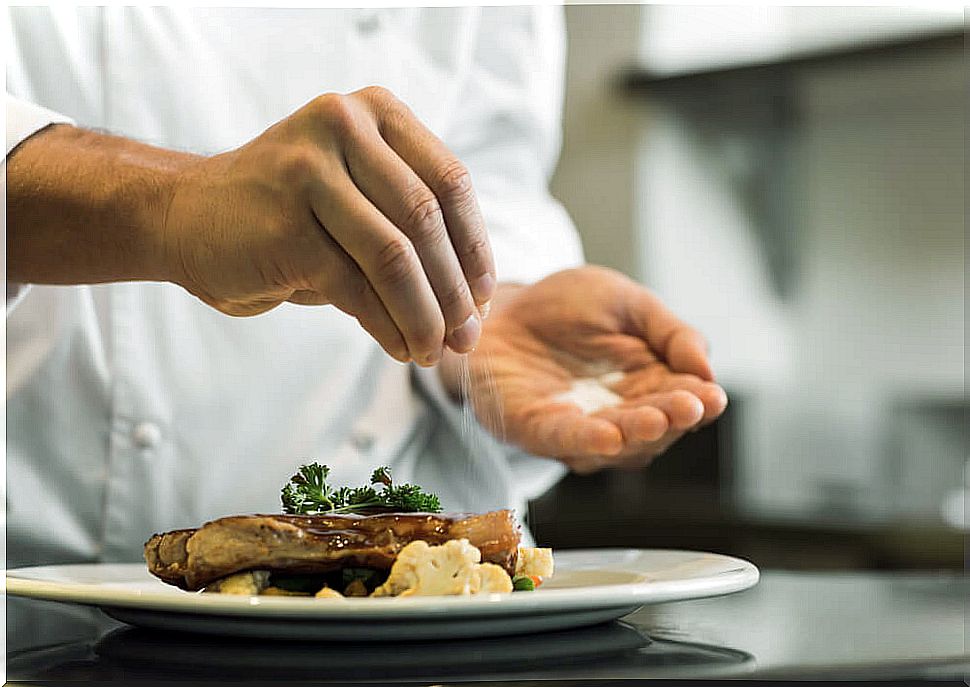
Indeed, salt is an essential mineral for the body and its functioning. For this reason, it is necessary to consume it. The problem lies in the excess of salt, which can cause many complications and diseases, as several studies have pointed out.
At first, it will be a bit difficult to reduce the amount. However, if you progressively limit it, you will begin to enjoy the true taste of food. In addition, you will discover that the flavors will no longer be “masked” with this additive. To help you through the process, try using natural spices and seasonings, as they are good substitutes.
To season your dishes, we recommend that you use aromatic herbs, such as rosemary, parsley and oregano. You can also use lemon, vinegar, or olive oil. On the other hand, avoid dressings like mayonnaise or soy sauce, as they have a lot of salt.
Be careful with ultra-processed foods and menus that you eat on the street. They tend to have too much salt even if they are sweet foods or those that indicate they are low in sodium. For example, frozen and breaded products take advantage of this mineral to stay in good condition for longer.
Another more than useful advice that even the experts of the World Health Organization share: do not bring the salt shaker to the table when you sit down to eat. This will help you “not be tempted” to add more salt to your food.
You will see that little by little you get used to the flavors of each ingredient. Over time, you will not need as many dressings or condiments.

